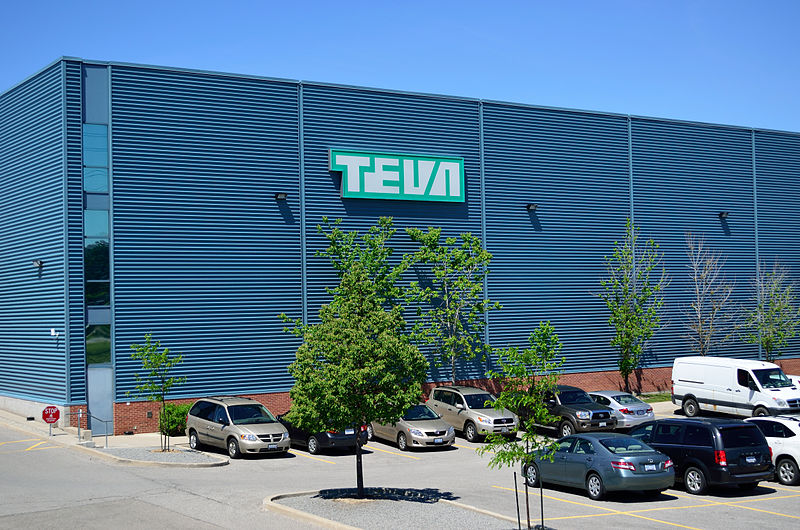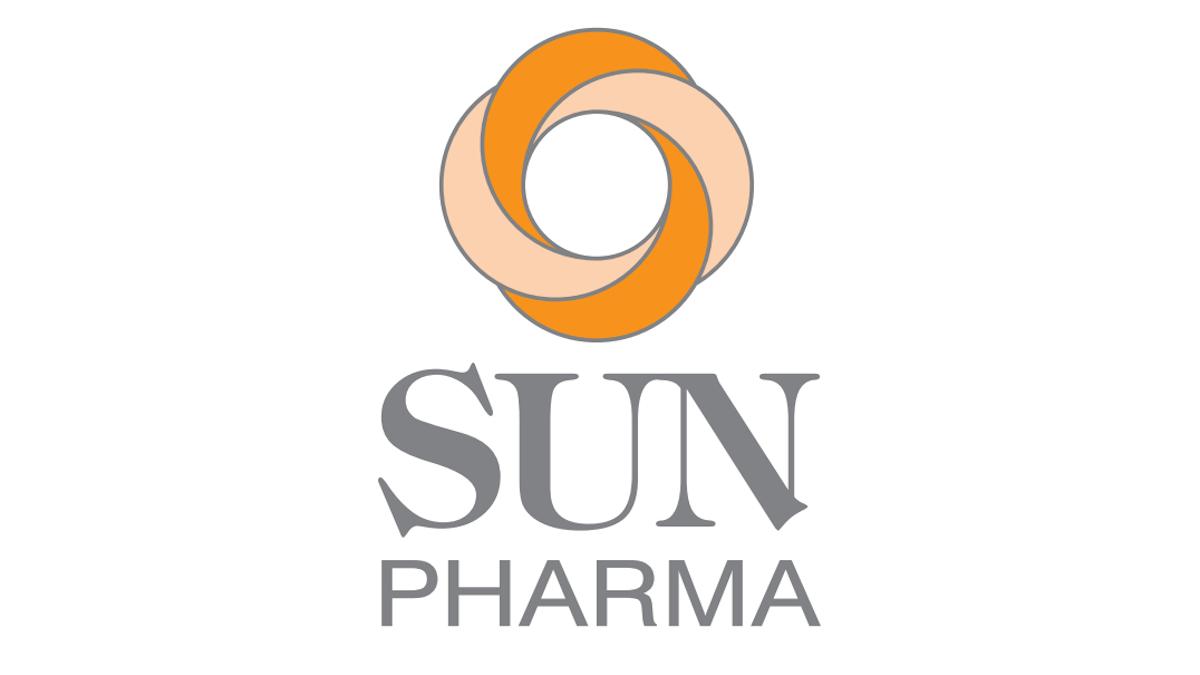Celltrion and Teva set to take lead in US rituximab biosimilars

Celltrion and Teva look set to get a biosimilar of Roche’s blockbuster MabThera/Rituxan (rituximab) onto the US market ahead of rivals.
Rituximab went off patent in the US last year, leaving it open to competition from cheaper biosimilar versions.
It is Roche’s biggest selling drug, generating around $7.3 billion in sales in 2016, and more than $3.9 billion of this revenue was based in the US.
It is used in non-Hodgkin’s lymphoma, chronic lymphocytic leukaemia, rheumatoid arthritis, granulomatosis with polyangiitis, and microscopic polyangiitis.
In an effort to counter the threat from cheaper biosimilars, Roche is launching a subcutaneous version of rituximab in the drug’s oncology indications.
The new formulation offers a transfusion time lasting minutes instead of hours with the older version, which is infused.
Nevertheless, the biosimilars are expected to take a big bite out of its revenues. Teva and Celltrion said that the FDA will give a standard 10-month review, with a regulatory decision expected in the first quarter next year.
Rivals Sandoz is among several other companies developing biosimilar rituximab, and is also preparing to file the drug in the US this year.
Sandoz’s rituximab biosimilar has just been approved in Europe, where South Korean firm Celltrion’s biosimilar was approved in February this year.
In the US and Canada, Celltrion has struck a deal with Teva covering biosimilars of rituximab and cancer drug Herceptin, where the Israeli firm will be responsible for all commercial activities.
Celltrion has responsibility for completing all clinical development and regulatory tasks.
Paul Rittman, senior vice president and general manager at Teva Oncology, said: “Teva is pleased to announce this important milestone today, with our partner Celltrion, bringing us one step closer to making additional biosimilar treatment options available to patients in the US.”












